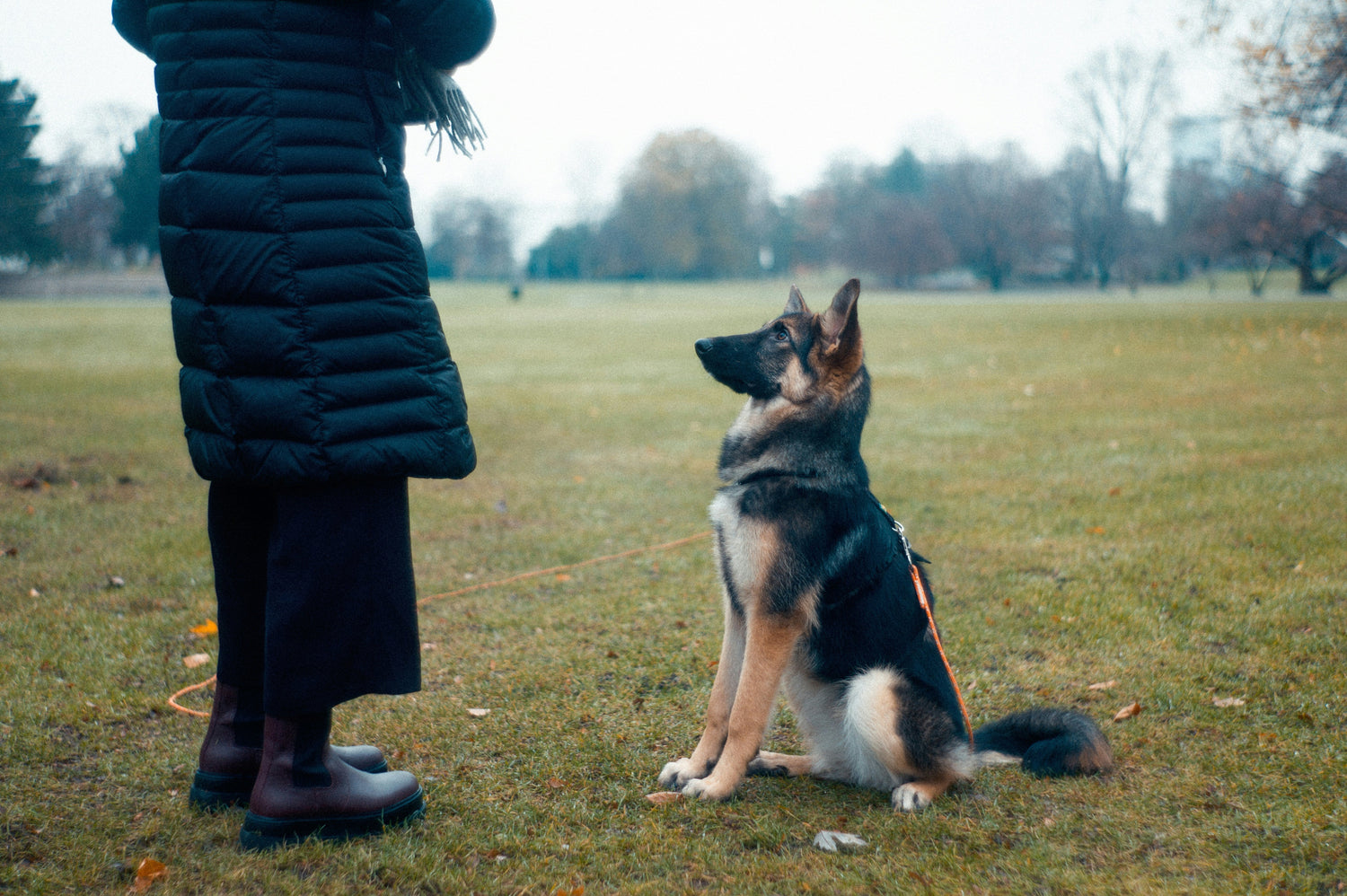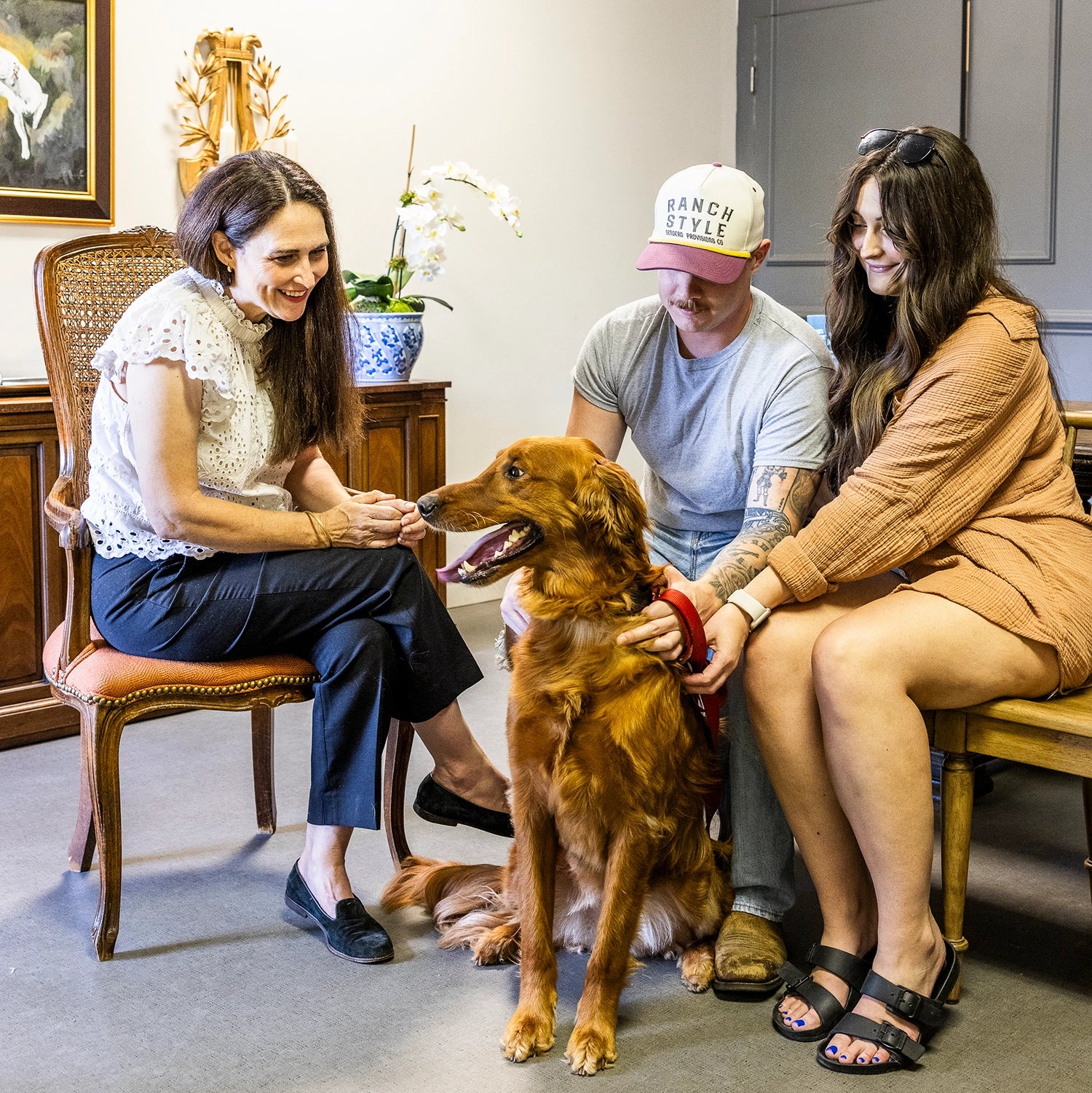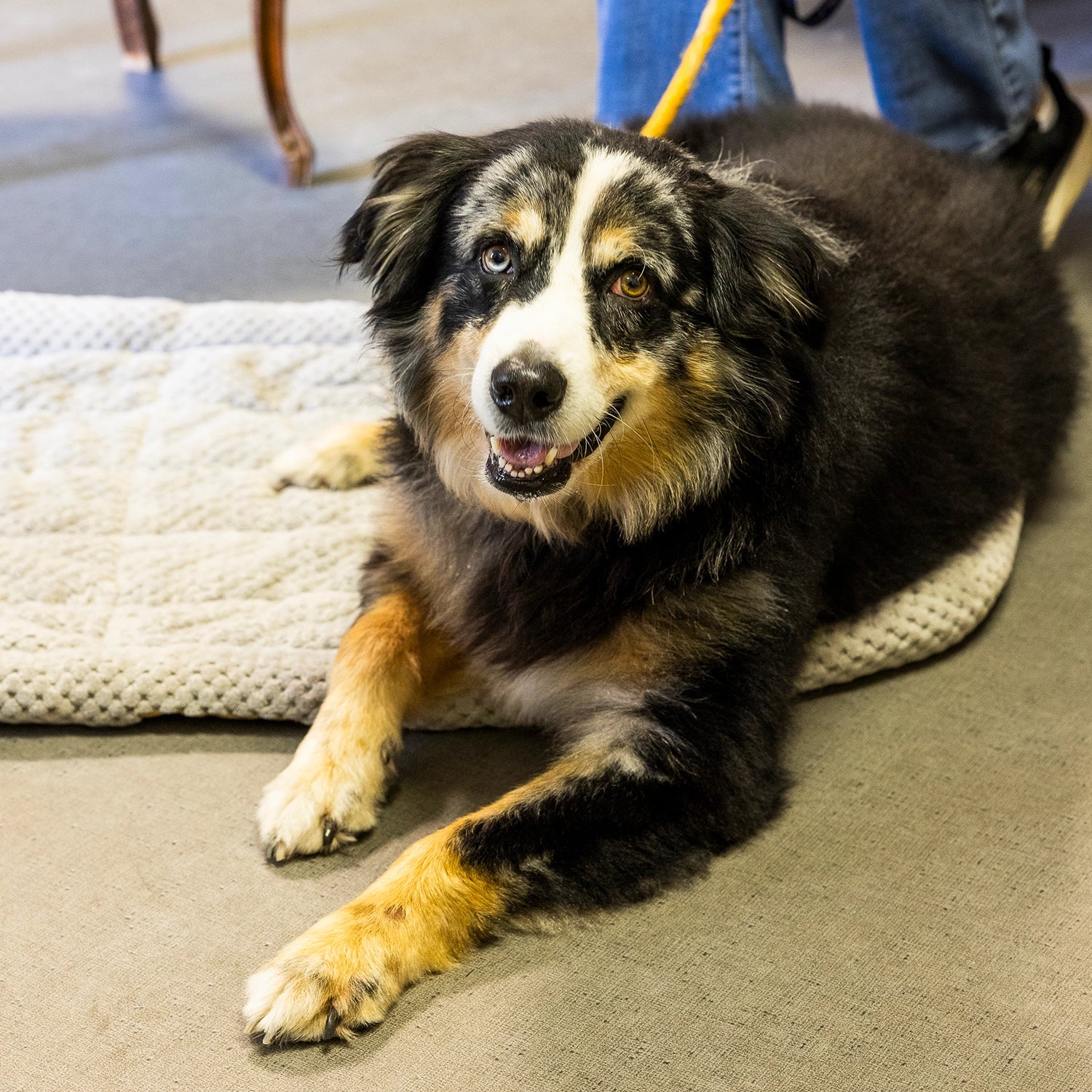
Success in Training
How to ensure a successful training session.
Amanda Hall-Phillips, DVM, has been a small animal veterinarian in Valdosta for over 20 years. Animal behavior and the impact that it has on the human-animal bond has been a primary interest of hers for her entire veterinary career. She knows first-hand how debilitating it can be to live with a pet with significant behavior problems.

Hall-Phillips provides veterinary behavior consultations for pets suffering from behavioral problems including human-directed aggression, aggression towards other pets in the household, and fears and anxieties such as separation anxiety.


veterinary background
A graduate of the University of Georgia College of Veterinary Medicine, Dr. Hall-Phillips is South Georgia and North Florida’s leading veterinary behavior practitioner, specializing 100% in animal behavior. She is a proud member of:
American Veterinary Society of Animal Behavior (AVSAB) avsab.org
International Association of Animal Behavior Consultants (IAABC) International Association of Animal Behavior Consultants
Her unique qualifications, clinical experience, and compassionate approach make her the go-to pet behavior specialist for families across the South Georgia and North Florida.
behavioral problems
Whether you're in Valdosta, GA, Tallahassee, FL, Albany, GA, or surrounding areas, Dr. Hall-Phillips offers science-based solutions to restore peace in your home and improve your pet’s quality of life.
Veterinary Behavior Services for Dogs and Cats
Dr. Hall-Phillips treats a wide range of behavior problems in dogs and cats, including:
These behavior issues are often rooted in fear, stress, medical problems, or lack of early socialization. Left untreated, they can become more severe over time.
What Is Veterinary Behavioral Medicine?
Veterinary behavioral medicine is a specialized area of veterinary care focused on the mental and emotional health of pets. Unlike dog trainers or obedience classes, Dr. Hall-Phillips provides clinical behavior assessments and treatment plans backed by veterinary science.
Her approach includes:
Reviewing your pet’s full medical and behavioral history
Identifying triggers and environmental stressors
Diagnosing potential underlying health conditions
Creating a customized treatment plan tailored to your pet
This integrative, evidence-based model helps create long-lasting, positive changes in behavior.
Your pet may benefit from behavioral medicine if they show signs of:
Persistent fear, anxiety, or phobias
Aggressive behavior toward people or other pets
House soiling or elimination problems
Separation anxiety or distress when alone
Destructive behavior in the home
Obsessive or repetitive actions
Hyper-reactivity to people, noises, or other animals
If you’re seeing these behaviors, don’t wait—early treatment is more effective and can prevent long-term issues.
Working with a veterinary behavior expert like Dr. Hall-Phillips can help you:
Reduce your pet’s stress and anxiety
Improve interactions with people and animals
Restore peace and structure at home
Prevent relinquishment or behavioral euthanasia due to behavior problems
Strengthen the human-animal bond
P
If your dog or cat is struggling with behavior problems, help is available. Dr. Amanda Hall-Phillips, DVM, is the only veterinary behavior practitioner serving South Georgia and North Florida, including:
Valdosta GA
Thomasville GA
Albany GA
Tallahassee FL
Treatments
The first step in any behavioral case is to rule out medical issues that may be negatively impacting the pet’s behavior. Throughout the years she has seen so many cases that were being treated by a trainer for aggression when in reality the underlying cause of the aggression was chronic pain. Hall-Phillips, DVM uses a combination of behavior modification techniques, nutraceuticals, and when appropriate, prescription medication.
She has worked with several rescue organizations and shelters to help dogs that were deemed “too aggressive”, and were scheduled for euthanasia to become normal, happy, healthy pets. She is passionate about finding reasonable solutions for behavioral issues in dogs and cats.
Schedule an appointment with Amanda Hall-Phillips, DVM
“It is incredibly rewarding to be able to help a family who comes to me at their wit’s end and at the end of the process they have a happy normal pet.”
- Dr. Amanda Hall-Phillips